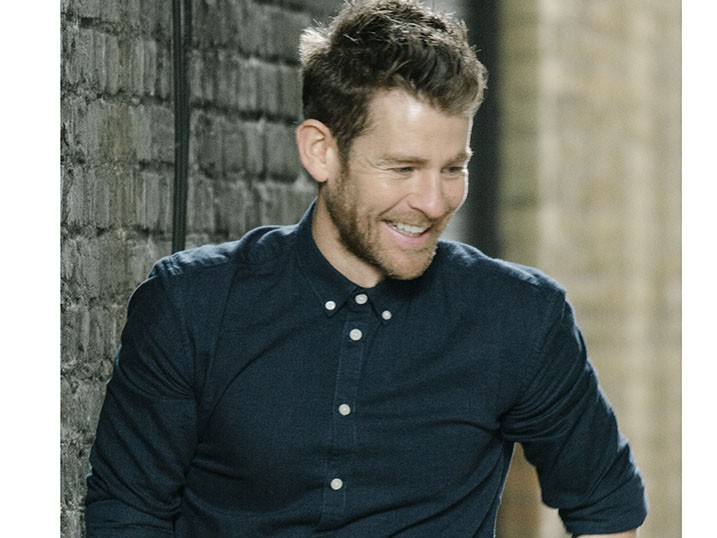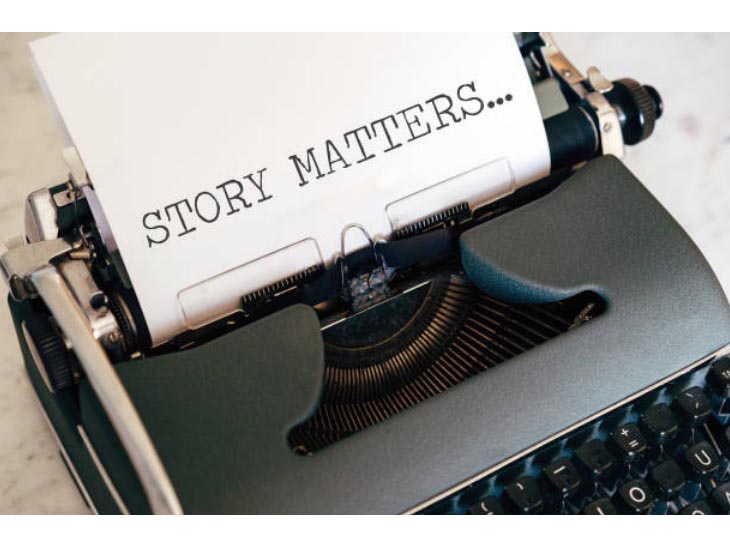News - Events
Luke Southern: ‘De-Ageing’ De Niro and re-imagining storytelling'
February 18, 2020

I finally watched The Irishman the other week. I was a bit late to the party and I’d read all the reviews and internet chatter about the movie before-hand of course.
The tech advances that made it possible to ‘de-age De Niro’ and his fellow Septuagenarians. The Oscar nominations (and possibly winners by the time you’ve read this). The 10-year development journey and the unique funding model via Netflix to get the film made. And, of course, the marathon running time.
At times it felt like the story about the process to make the movie was more important than the story within the movie itself. Fortunately, if you’ve watched it you will know that this isn’t the case. The movie is a masterful and engaging three hours and 30 minutes of filmmaking that holds your attention from beginning to end with a powerfully emotive true story. Classic Scorsese.
Ultimately, none of the tech, funding and other means that made it possible to deliver this story matter to the viewer. It’s the entertaining and engaging storytelling that matters and is the reason why The Irishman racked up over 26 million streams on Netflix in its first week of release alone.
In our world – the world of advertising – we love to talk about data, tech and new formats but we must not forget that all of this is in service of, not a replacement for, the story or message itself.
“Just remember that quality branded stories isn’t defined by length, format or clever use of new technology, but instead through the underlying focus on telling emotive, entertaining and engaging stories that our audiences can empathise with.”
Earning and keeping consumers attention isn’t just about understanding pathways to purchase and how to target audiences efficiently but also through developing our ability as advertisers to create branded entertainment with a small b and big E. Programmes that prioritise entertainment first, brand second, warranting repeat viewing and which audiences ultimately choose to spend time with (and maybe even money on).
If you don’t believe me look at the last three years’ worth of grand prix winners at the Dubai Lynx’s sister festival, Cannes Lions, in the entertainment category. Quality, long-form storytelling from brands that is completely at odds with the aged-advertising convention of a 60-second spot.
2017: Curazon, a 17-minute sci-fi movie from a Spanish bank.
2018: Evert_45, a dramatic re-telling of teenage life in Nazi occupied Europe with a modern-day creative aesthetic from a Dutch telco.
2019: 5B, a hard-hitting 90-minute documentary about the AIDS epidemic in 1980s America from a US FMCG brand.
Scorsese might not have been involved but these winning films demonstrate that brands can ‘do’ long form dramas and documentaries with emotional punch that are just as unmissable as the latest from Netflix, Amazon or HBO.
They also show that progressive brands understand the need to, and effectiveness of, investing in longer form content to reach their audiences in a world of SVOD closed content eco-systems like Netflix and Amazon with limited traditional advertising or media placement opportunities.
It’s appropriate therefore that re-imagining storytelling is a key theme at this year’s Dubai Lynx. A theme that is pervasive across the festival programme with talks from some of the best storytellers in the business that will provide a valuable insight into how they are re-imagining the stories they create to not only grow brands but also contribute something to the culture of our times.
When it comes to the Lynx Awards, at a time when entertainment and advertising are at a closer intersection that ever before, I’m honoured to be leading the entertainment jury and I’ve no doubt that we are going to see some amazing story-telling from the outstanding pool of creative talent in the MENA region this year.
So, as we await the start of the festival in March and look forward to exploring how brands can re-imagine storytelling in 2020, just remember that quality branded stories – stuff that warrants attention and repeat viewing – isn’t defined by length, format or clever use of new technology, but instead through the underlying focus on telling emotive, entertaining and engaging stories that our audiences can empathise with.
After all, the technological advances that made it possible to ‘de-age’ Robert De Niro and his fellow cast members may have helped Scorsese re-imagine how he could tell his story of The Irishman but the success of this movie was always going to be down to the quality of the story being told in the first place.
Topics
Recommended
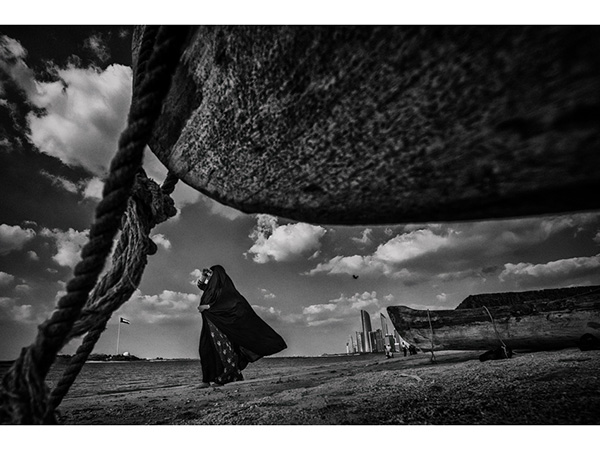
Donell Gumiran announced as UAE's winner for the Sony World Photography Awards 2025
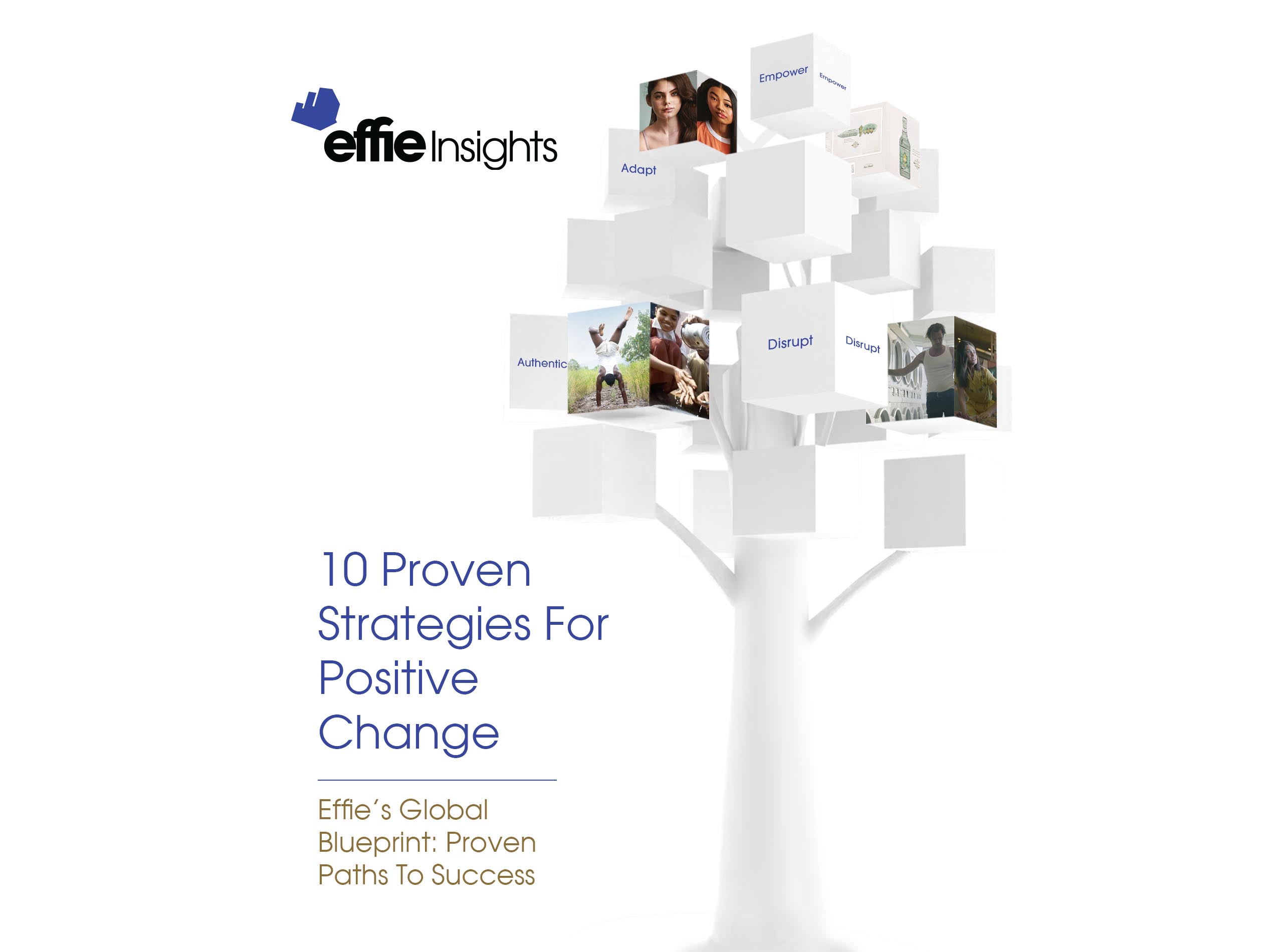
Effie celebrates ten years of championing campaigns that make a difference
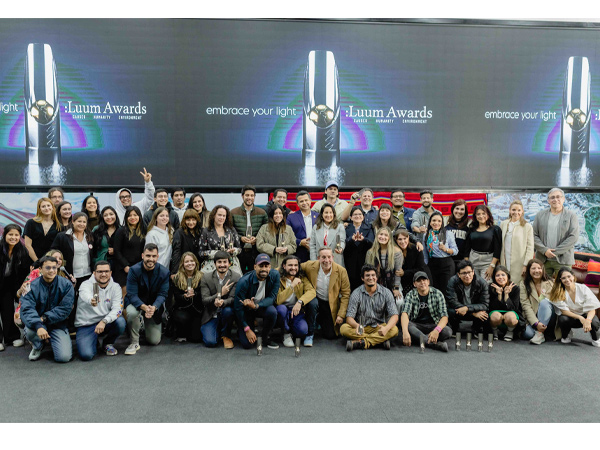
Edelman and Ogilvy star at the Luum Awards, the global festival for purpose-driven communications



